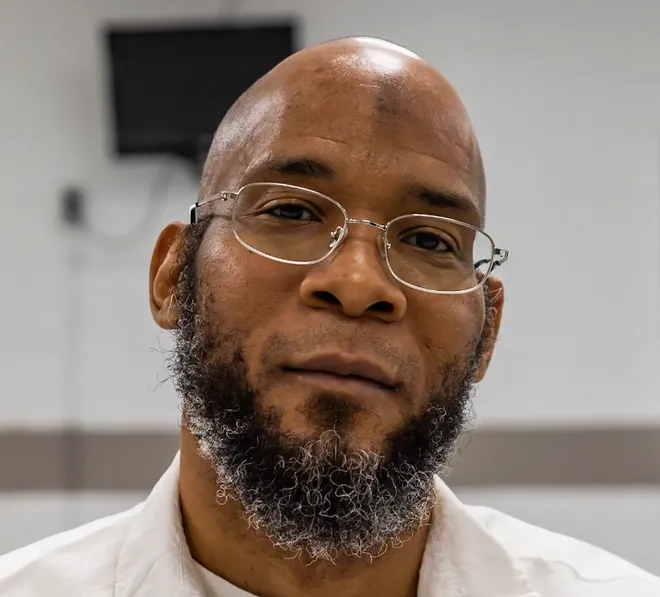
Missouri executed Marcellus Williams by lethal injection for the 1998 murder of former newspaper reporter Lisha Gayle, despite significant opposition from both the prosecution and the victim’s family. Williams, who consistently asserted his innocence, became the third person executed in Missouri this year and the 15th or 16th execution in the U.S. in 2024, depending on the timing of another execution scheduled in Texas.
Williams, 55, was convicted of killing Lisha Gayle, a former reporter for the St. Louis Post-Dispatch, during a burglary at her suburban St. Louis home on August 11, 1998. She was brutally stabbed 43 times with a kitchen knife taken from her own home. However, Williams and his defense team have long contended that he was wrongfully convicted, pointing out the lack of DNA evidence linking him to the crime scene.
Over the years, the case has attracted widespread attention due to the peculiar circumstances surrounding the conviction. Recent DNA tests have raised further questions about Williams’ involvement in the crime. A prosecutor in the case, along with Gayle’s family, has even advocated for clemency, arguing that there’s significant doubt about Williams’ guilt.
“Marcellus’ execution is not necessary,” Gayle’s family stated in a clemency petition, emphasizing that they define closure as Williams being allowed to live. Despite their plea, Missouri Governor Mike Parson and the Missouri Supreme Court denied clemency, paving the way for Williams’ execution.
With the execution date looming, Williams’ legal team made a final appeal to the U.S. Supreme Court. However, just hours before the scheduled execution, the Court declined to intervene. While the three liberal justices—Sonia Sotomayor, Elena Kagan, and Ketanji Brown Jackson—expressed their dissent and willingness to grant a stay, the majority decision allowed the execution to proceed.
Williams’ attorney, Tricia Rojo Bushnell, expressed her frustration and disappointment with the outcome. “Tonight, we all bear witness to Missouri’s grotesque exercise of state power,” she said in a statement, underscoring how even prosecutors had fought to undo the conviction and save Williams’ life.
In his final moments, Williams remained resolute in his faith, leaving the world with a statement of spiritual strength. When asked if he had any last words, he responded, “All praise be to Allah in every situation.” His last meal consisted of chicken wings and tater tots, and his final visitor was Imam Jalahii Kacem, with whom he spent about 90 minutes.
Williams’ son, Marcellus Williams Jr., voiced his anguish and disbelief at the state’s decision to go through with the execution. “This is a murder,” he told KSDK-TV, encapsulating the deep pain and frustration felt by those who believed in Williams’ innocence.
The execution of Marcellus Williams has reignited the national debate over the death penalty, particularly in cases where there is substantial doubt about the convicted person’s guilt. His case, marked by a lack of physical evidence and the support of both prosecutors and the victim’s family, has highlighted the complexities and controversies surrounding capital punishment.
Discover more from Baller Alert
Subscribe to get the latest posts sent to your email.